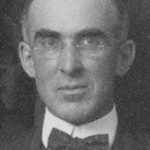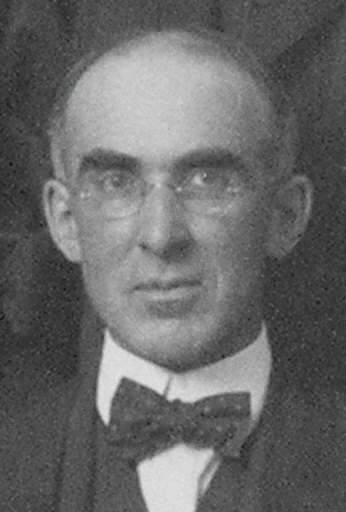Epicurus On The Importance Of Gratitude

To mark this “Thanksgiving Day” in the United States, the following guidance on Epicurean gratitude is taken directly from the introductory paragraph of Chapter XIV of Norman DeWitt’s Epicurus and His Philosophy:
Had Epicurus been called upon to name his cardinal virtues there is little doubt that the foremost place would have been given to honesty or being true to one’s self. Neither can there be much doubt that the second place would have been assigned to gratitude. No other virtue, except honesty, possessed for him such breadth of application. While primarily denoting the proper attitude to be assumed toward the past, it applied also to the present and was of ever increasing importance throughout life, reaching a peak in old age. Neither did any other virtue, unless honesty, present so many facets. It was due to teachers, Nature, friends, and patrons. It was extolled as a preserver of youth, as a healing influence in sorrow, as a preventive of vice, and a means of robbing the grave of its victory.
In the conventional ethics of the Greeks there was no lack of emphasis upon gratitude, but in the teachings of Epicurus it gained freshness of definition in proportion as it became integrated with a novel structure of ethics. In relation to happiness, the goal of living, it functioned as a chief coefficient, just as ingratitude was a chief cause of misery. In respect of free will, it represented the proper attitude to be chosen toward the past, though active also in the present. The cultivation of it presumed the feasibility of a total control of experience, including thought itself: “Moreover, it lies in our power to bury, as it were, unhappy memories in everlasting oblivion and to recall happy memories with sweet and agreeable recollection.” With fools, on the contrary, to recall the past is to regret it; they torture themselves with the recollection of past mistakes and misfortunes.
As became a moralist, Epicurus was capable of great scorn and was not impressed by tradition, no matter how hallowed by fame and antiquity. He was no more awed by the alleged wisdom of Solon than Solon had been by the riches of Croesus. Solon refused to judge a man happy until death had placed him beyond the reach of misfortune.Epicurus said, Vatican Saying 75: “The adage which says, ‘Look to the end of a long life,’ bespeaks a lack of gratitude for past blessings.” He was equally ready to defy popular belief, above all by denying all gratitude to the gods. Nor did he hesitate to set himself in opposition to the growing cult of Fortune by warning his disciples to look on her favors with distrust.
No less radical was his parting with Plato, whose espousal of the contemplative life along with the belief in immortality was bound to result in construing life as a preparation for death. Epicurus, denying immortality, was equally bound to think of life as narrowly confined to the interval between birth and death and consequently to construe it as a preparation for a happy and triumphant old age. For this victory over death and the grave he found the cause in gratitude for past blessings. The happy life was the grateful life, terminating at last in the fullness of pleasures in old age.”

